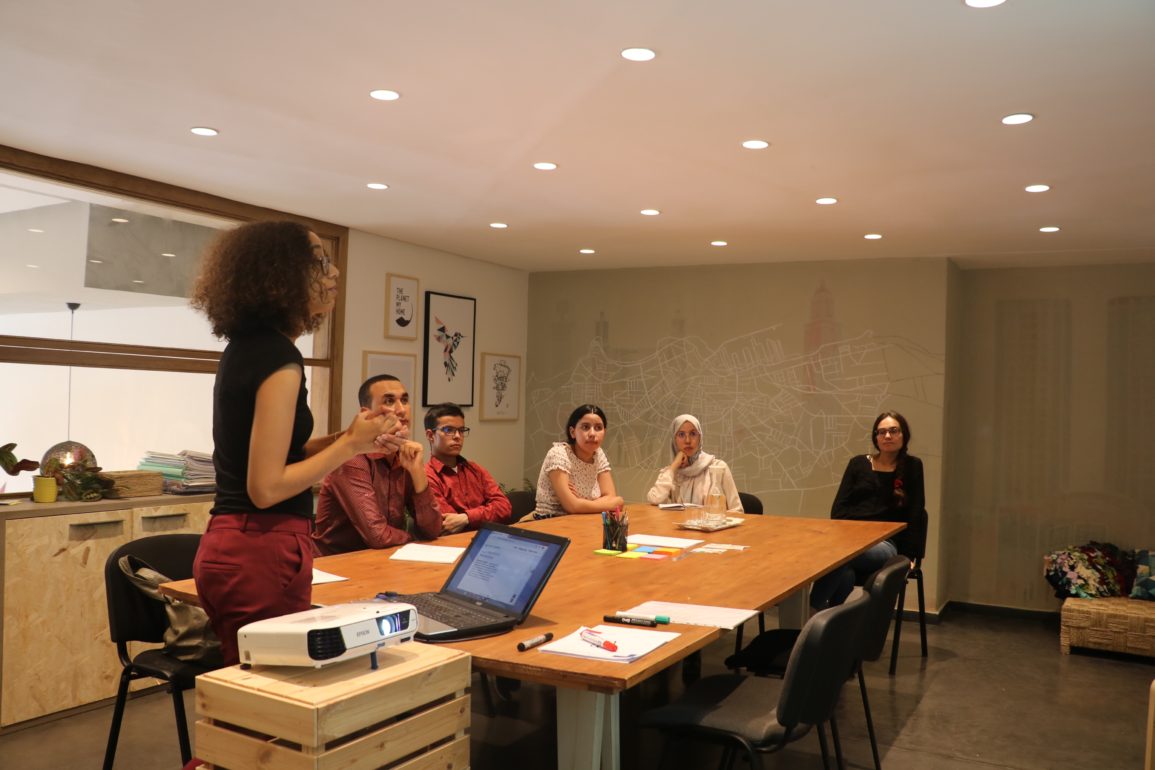Harvard behavioral scientist, Francesca Gino, knew she was onto something when she read a cookbook where the author, an Italian chef, broke every rule of Italian culinary tradition by filling the book with nontraditional recipes — violating Italian national pride in the process.
“In Italy, you’re not supposed to mess around with traditions in general, especially when they are about recipes that have been passed on for generations,” says Gino in an interview published on Working Knowledge. “You just don’t do that! And yet, here was a person, a rebel, who had found success by breaking rules and breaking traditions.”
Clearly intrigued, Gino pursued a quest toward finding and studying successful rebels past and present, including Massimo Bottura, the rebel chef himself.
She collected countless stories of successful rebels and the lessons she learned from a behavioral science standpoint, which she published in Rebel Talent: Why It Pays to Break the Rules at Work and in Life
In the book, Gino makes the case that leaders should encourage rebellion in the workplace, and that rebellion may lead to a more fulfilling workplace and life.
Before you conjure up images of hooded Millennials hacking your company server, or Girls Gone Wild at your company party, Gino’s brand of rebel has an immense upside for competitive advantage, should you seek to break from ‘same old, same old.’
“When I think of rebels, I think of people who break rules to explore new ideas and create positive change,” Gino says. “These are people who are doing good in the world.”
Rebel leadership comes down to eight principles
If this strikes your curiosity so far, there may be a little rebel in you. Gino found that most rebels share five core strengths: novelty, curiosity, perspective, diversity, and authenticity.
Seeing the possibilities of workplaces transformed through the strengths of rebel talent, Gino offers up eight refreshing steps to move in the direction of a rebel leadership style.
1. Break away from the routine.
“It’s very easy for us all to fall back into routines and mindlessly follow them, day after day,” Gino says. She adds that when you purposely seek out new and novel ideas and strategies, you find new inspiration where routine and traditions exist.
2. Seek out differences of opinion.
“As humans, we often focus on just one perspective, and generally it’s our own,” Gino says. Rather than listen to the opinions of people who think like you, rebels fight that instinct and find ways to steer some conflict or encourage disagreement, says Gino. She references a rebel CEO, Rachael Chong, of the New York-based nonprofit organization Catchafire. Wong seeks out dissenting opinions from employees and job candidates alike. “When she hires new people, she basically looks for people who disagree with her,” Gino says.
3. Use the conversational technique of “plussing.”
Gino states that “rebels are willing to keep their minds open,” and they’re keen on keeping conversations going by expanding upon the thought, such as saying, “yes, and…” rather than “yes, but….” — a technique called “plussing.” In plussing, the point is to “improve ideas without using judgmental language. You add to, or ‘plus,’ what has been said,” explains Gino. “This encourages a collaborative attitude. Someone else might jump in and add her own plus.”
4. Display your authenticity in full view.
Rebel leaders “don’t hide who they are, or pretend to know, or be something that they are not,” Gino writes. When you reveal yourself — strengths and weaknesses alike — you gain respect and status in the eyes of others. She cites another rebel leader, Patricia Fili-Krushel, during her days as CEO of WebMD. As Gino tells it, when confronted by an all-male team of engineers about Fili-Krushel’s engineering knowledge, she made a zero with her fingers and said, “This is how much I know about engineering. However, I do know how to run businesses and I’m hoping you can teach me what I need to know about your world.”
5. Learn everything — then forget everything.
Successful rebels understand the importance of mastering their trade, but never allow themselves become slaves to the rules. “They have a deep understanding of what’s there, and that’s the basis that allows them to transform and create,” Gino says.
6. Find freedom in constraints.
Successful rebels are able to innovate and even find inspiration under constraints. “Rebels work through the constraints, and, if anything, the constraints become a source for thinking differently about the problem,” says Gino. She cites the author, Dr. Seuss, who made a bet with the cofounder of Random House that he could write a whole book with only fifty different words. The bestselling result: Green Eggs and Ham.
7. Lead from the trenches.
“Another interesting aspect about the rebels I met is that they often take on roles or activities that you wouldn’t expect them to take,” Gino says. As she tells it, Chef Bottura often was found sweeping the streets outside his restaurant, unloading deliveries, and cleaning the kitchen. These rebel leaders aren’t afraid of getting down and dirty and often don’t see themselves as higher than others due to their position and status. As a result, employees respect them more for that.
8. Know the value of a happy accident.
Gino found that sometimes happy accidents are actual accidents that successful rebels turned into something wonderful. She cites Toscanini’s, an ice cream shop in Cambridge, MA, and their world-famous Burnt Caramel-flavored ice cream. When the chief ice cream maker accidentally burned the caramel while creating it, rather than trashing it, he offered it up to customers, who loved it. It has since become one of their most popular flavors.
Take the quiz
Francesca Gino has posted a short quiz to help you learn which type of rebel you tend to be. You’ll get some tips on how you can further develop your rebel talents. Take the quiz here .
Originally published at www.inc.com.

